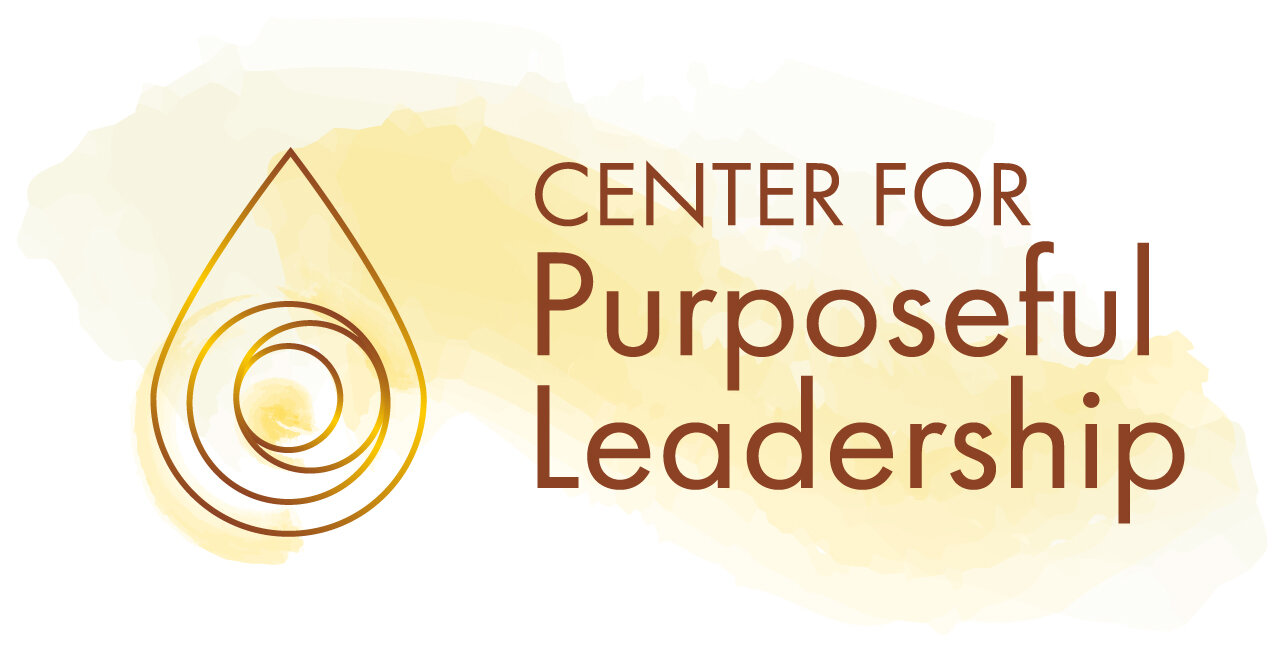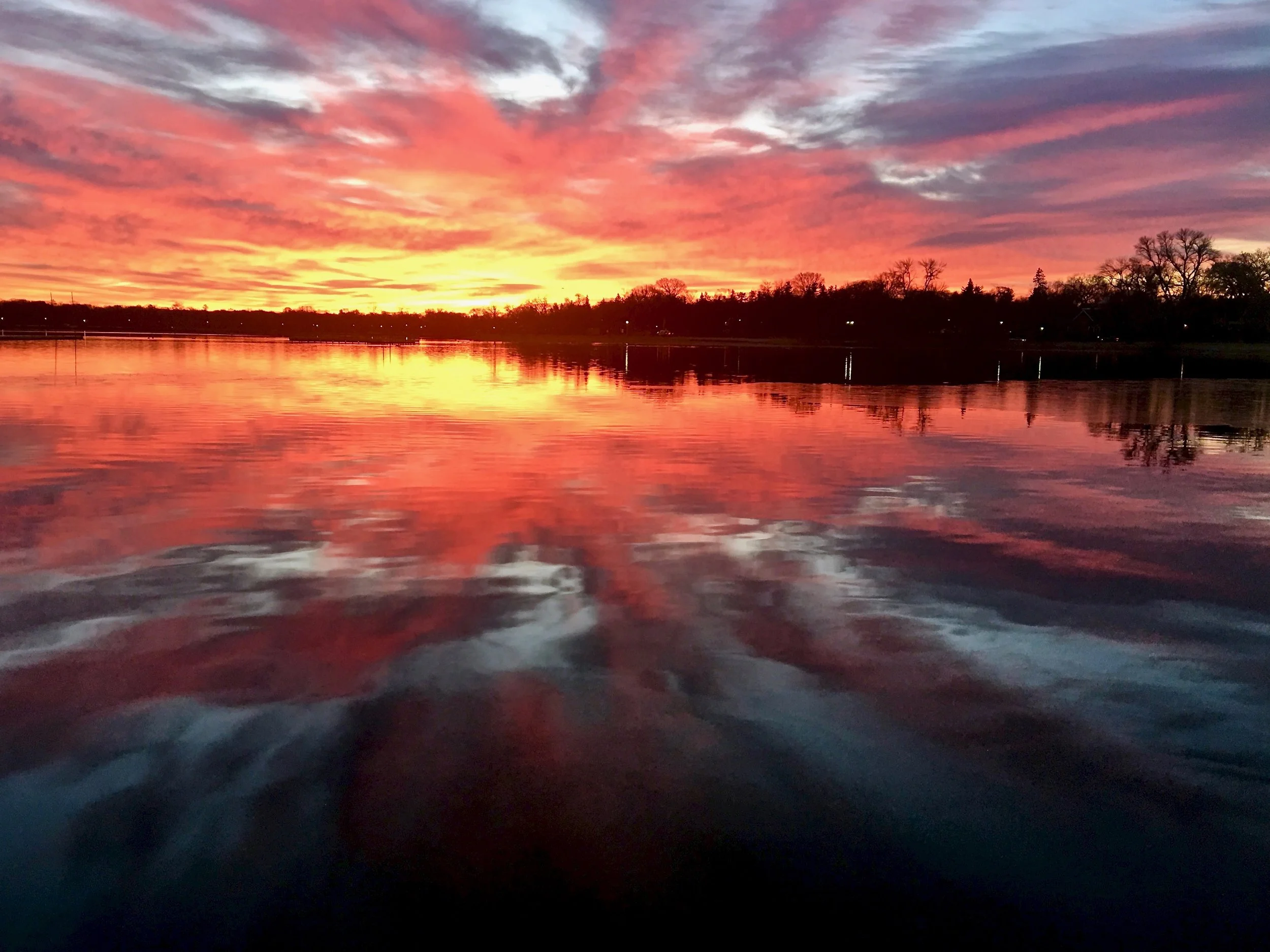The Climate Reality Project: COP26* Hopes/Learnings/Outcomes - What we learned...
/11/15 Essential Conversation
The Climate Reality Project: COP26* Hopes/Learnings/Outcomes
Finding your inner climate leadership
*2021 United Nations Climate Change Conference
THE CONVERSATION: We were honored to host Ryan Towell, Science and Solutions Director, Climate Reality Project, an amazing organization including 42,000 Climate Leaders in 172 countries!
In 2006, Nobel Laureate and former US Vice President Al Gore got the world talking about climate change with the Academy Award-winning film An Inconvenient Truth.
Our signature activist program, the Climate Reality Leadership Corps, has trained over 42,000 changemakers in 172 countries since 2006. The result is a global network of activists leading the fight for climate solutions through our 10 branch offices – Australia, Brazil, Canada, Europe, India, Indonesia, Japan, Mexico, the Philippines, and South Africa and a partnership in China – and 140 chapters across the US.
Alongside these efforts, our dynamic communications initiatives connect climate and behavioral science with the emotional power of compelling stories, raising awareness and inspiring action in online audiences everywhere.
OUR MISSION IS TO CATALYZE A GLOBAL SOLUTION TO THE CLIMATE CRISIS BY MAKING URGENT ACTION A NECESSITY ACROSS EVERY SECTOR OF SOCIETY.
Ryan’s presentation catalyzed all of us!
What we learned…
The CPL community IS PASSIONATE about this conversation. We explored this key question posed by Ryan, “What does it mean to be a climate leader?”
Sneha noted: We need to pledge something in this group—In the Midwest, we have good sun, so how many of us have committed to have solar panels on our roofs. I was able to and feel good about it!! Let’s pledge! Let me know if you need help getting it done on your roof !!
Paula: What about consumerism and its role? Does it not make more sense to live minimalistic? And wht does this mean?
Bud: Ryan, what impact did the 500 plus delegation of Oil, Gas and Coal lobbyists have on the gathering?What is your opinion of the Divestment movement? What is your position on Net Zero? And of course, Off Sets fit in the same category?
Diane: Solar Flowers for solar power are an interesting source. https://smartflower.com/
John: Ryan, When they say they’ll “phase down” “unabated” coal, what does “Abated” refer to?
Julie: Thank you! wondering what is the top thing we can do locally to impact the US footprint?
Paul Thompson: Finding a community to work with is vital to building momentum. In our work with Citizens Climate Lobby we find good policy comes from working together. putting a price on carbon will change the cost of all fossil fuel products, returning the fees to the public protects consumers from rising prices.
Katherine Hayhoe, climate scientist “talk about it”
Dan: helping each other figure out how we can contribute? it would be helpful to be able to know what types on actions will be most impactful.
Elizabeth: I have deeply committed to the Buy Nothing movement. Buy Nothing hits two things: decreasing new production/transport,AND community building around such.
S Y B: Ryan share your thoughts on the National Infrastructure Bank --- would be curious on others thoughts also https://www.nibcoalition.com/
Keith: How do we be careful to be humble in leadership and not insistent even when it is this important?
Rachel: The importance of keeping each other inspired - hope with a plan.
We shared teaching resilience in challenging times.
Lisa: Each of us committed to reducing our impact AND lovingly encouraging others. Lots of opportunities as business owners - individually and influencing others.
Harry: elevating the importance of the primacy of the connection to one another in human, compassionate terms that can promote deeper connections to the planet as well
Deidre: We discussed how we can individually make a difference and exchanged ideas for what we are or can be doing.
Micki: We need each other to inspire one another and to work together in the areas we can influence. Hope is essential.
Katherine: One important thing in becoming active is to be intentional in where you focus. There are individual things we can do, but a lot of the problem comes from corporations and larger entities. So it’s important to discern where to act. Lobbying? Learning and picking places to act. For example, in MN, we have MN350 that organizes and educates. That would be one place to become involved. This is above and beyond things in our personal lives.
Jill: We talked about living our own lives in ways that model our beliefs and concerns: Buy Nothing, shopping at Goodwill, plant-based diets' and also recognizing our own circles in which we may be seen as leaders, even if we don't think about that.
Paula: Reducing emissions by not eating meat or reducing the amount of meat we eat.
CocoZhao Our group: 1) Lisa - purpose journal 2) Humanitarian aid in action 3) Coco - bring lunch pack daily, and reading Balancing Green
John: There is an important “middle” level between individual efforts and big institutional change. Identify a particular project that involves something between a few people and your personal Dunbar number (~150). Engaging at this middle level combines community and efficient traction.
more to come…
At CPL, we use the principles of The Art of Convening as a “true north” guide to how we want to BE as humans, seeking authentic engagement and community.





